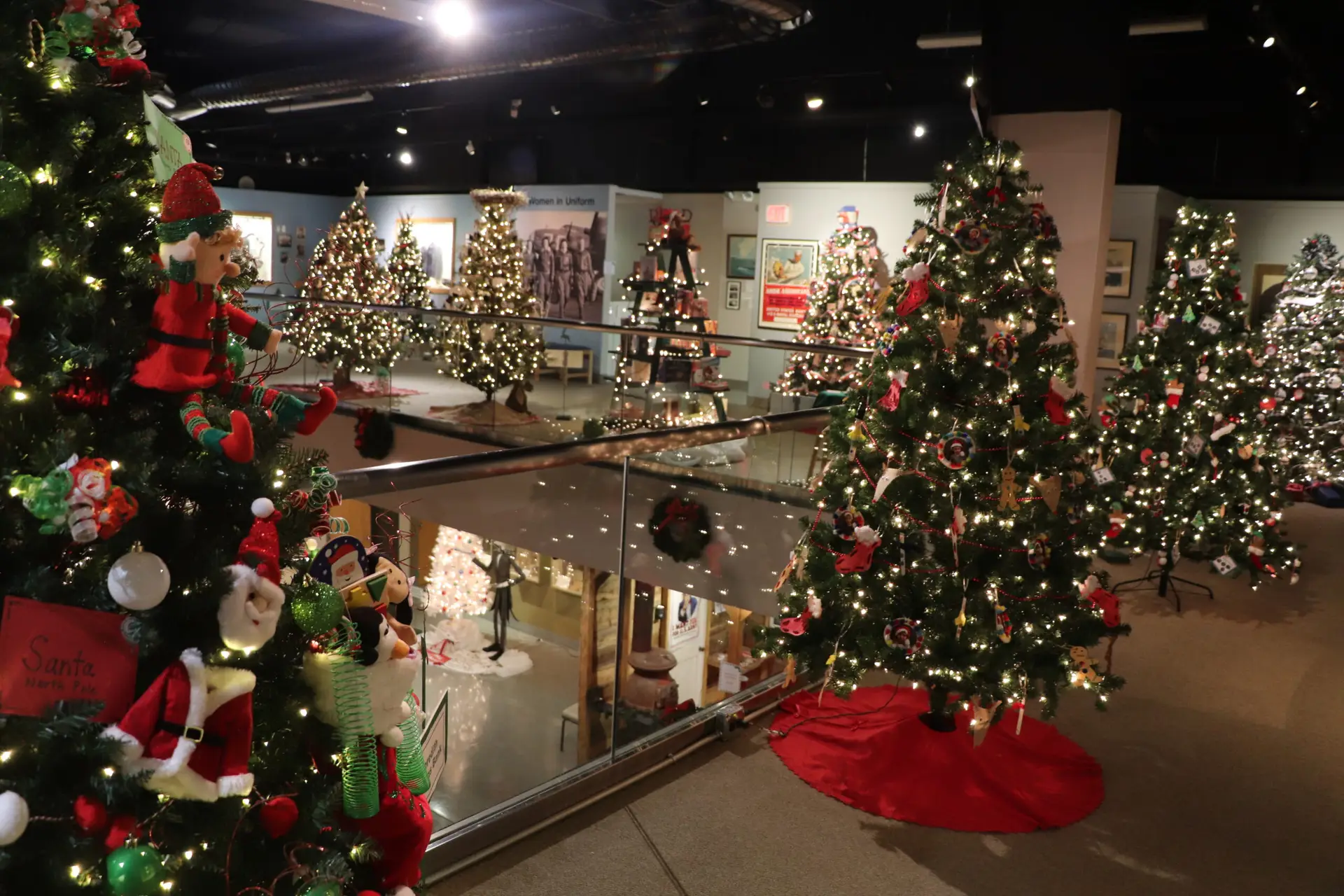Part of Wright Museum’s 2021 Lecture Series, author Judith Sumner will present Plants Go To War: A Botanical History of World War II on Tuesday, June 29 at 7 p.m. In the lecture, Sumner will examine military history from the perspective of plant science, which is the subject of her book, Plants Go To War: A Botanical History of World War II.
“From victory gardens to drugs, timber, rubber, and fibers, plants supplied materials that played key roles in winning the war,” she said. “Vegetables provided the wartime diet both in North America and Europe where vitamin-rich carrots, cabbages, and potatoes nourished millions.” In England and Germany, herbs replaced pharmaceutical drugs, as feverbark was in demand to treat malaria and penicillin culture used a growth medium made from corn.
“Rubber was needed for gas masks and barrage balloons, while cotton and hemp provided clothing, canvas, and rope,” said Sumner, who cited a lifelong interest in botany. “I grew up just eight miles from downtown Boston, but we still had farms in town, and I visited them often,” she recounted. “We also had an elderly Italian man next door who was an avid gardener, and he encouraged the entire neighborhood to sow heirloom seeds and cultivate vegetable gardens.”
From there, she moved on to field guides and plant identification. Year later, her graduate work centered on a family of flowering plants in the Pacific region, which eventually led to an interest in ethnobotany and the history of the Pacific region in World War II.
In addition to providing perspective on military history through the lens of plant science, Sumner said she hopes her lecture may spark an interest in botany itself. “Botany is really the basis of life on earth,” she said. “Without plants and photosynthesis, animals could not survive.” She expressed concern that many universities, however, no longer teach botany as a separate science.
“I would encourage anyone with an interest in plants to learn and observe the natural world on your own, do some hands-on gardening, hike around New England, visit greenhouses, and take whatever courses you can find,” she said. “If graduate work seems like a good option, look for botany programs wherever you can find them, but it will involve moving out of New England.”
Plants Go To War: A Botanical History of World War II begins at 7 p.m. on Tuesday, June 29 at the Wright Museum, 77 Center Street in Wolfeboro on the first floor of the new DuQuoin Education Center. Admission is $3 for members and $8 for non-members.
Seating is limited due to CDC guidelines on social distancing. Reservations are strongly encouraged and can be made by calling 603-569-1212. Wright Museum’s 2021 Lecture Series is presented by Ron Goodgame and Donna Canney.
The region’s leading resource for educators and learners of all ages on World War II, the Wright Museum features more than 14,000 items in its collection that are representative of both the homefront and battlefield.





